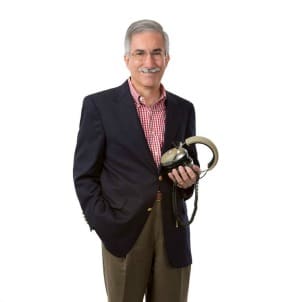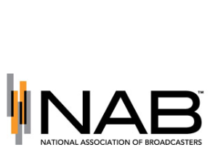
(By John Garziglia) LPFM proponents threw a massive incendiary device at Chairman Pai’s AM revitalization efforts through the filing of uniform Informal Objections against hundreds of pending FM translator applications proposing to carry AM primary stations. It is up to the FCC Chairman to defuse this bomb.
In what can only be charitably described as an abuse of FCC processes, the three entities filing the Informal Objections describe themselves as “desiring to provide new noncommercial service to the public at the earliest possible date.” These three entities used a filing pursuant to the FCC’s informal objection rule, Section 73.3587 of the Commission’s rules, to effectively stop the routine processing of hundreds of pending FM translator applications.
It is FCC staff policy not to process an application which has an unresolved objection pending against it. But, while the FCC’s informal objection rule is broad, it is not without limits. The FCC in case law makes it clear that informal objections must contain adequate and specific factual allegations sufficient to warrant the relief requested.
The LPFM proponents do not make specific factual allegations against any of the FM translator applicants or applications. The LPFM proponents argument is not that the FM translator applications are deficient. Rather, they are taking issue with the FCC’s underlying rules.
Theirs is a generalized policy-level angst that LPFMs and FM translators are not being treated equally. They grieve that not enough spectrum is being made available for LPFMs, ignoring that two LPFM filing windows opened first in which all of the LPFM applications filed in those windows took precedence over all of the now-pending AM revitalization FM translator applications. Further, the LPFM proponents argue that LPFM and FM translator grants need to be made based upon the needs of the local community.
None of these LPFM arguments against existing FCC rules and policies rise to the level of the required adequate and specific factual allegations needed to accord any semblance of cognizance to the LPFM Informal Objections. Chairman Pai now has the opportunity to keep AM revitalization moving by summarily denying the hundreds of Informal Objections. Or, by inaction, he may let the LPFM proponent’s bomb substantially delay pending FM translator applications.
It is easy under the FCC’s rules for anyone to file a meritless objection. It is equally as procedurally expedient, however, for the FCC to quickly deny the LPFM Informal Objections, ruling that they fail to state a legal or factual basis for a denial of any of the referenced FM translator applications.
Assuming the LPFM Informal Objections are quickly denied, the FCC’s Audio Division may continue its superb job of expeditiously acting on pending FM translator applications. AM stations who in full compliance with existing FCC rules are pursuing FM translators as lifelines, should not suffer because LPFM proponents think there should be fewer commercial radio stations and more LPFM stations.
LPFM proponents extolling their local programming should be careful of what they throw – it is doubtful that any survey of the current LPFM service would show more than a scant number of LPFM stations providing anything resembling local noncommercial radio service. The majority of LPFM stations would likely not pass the laugh-test in any evaluation of local programming.
But, that is another subject for another time. For now, AM revitalization should be allowed by the FCC to quickly continue. The FCC Chairman should take rapid steps to summarily dismiss the mass Informal Objections against FM translator applications.
John Garziglia is a communications attorney at Womble Bond Dickinson and can be reached at (202) 857-4455 or [email protected]







First, to the readers, a reminder: Garziglia owns a couple of translators in the D.C. area. He is not entirely objective, here. Whenever he writes these articles, he never discloses that, upfront and clearly.
Second, many of us agree with the LPFM groups, indirectly, that the ‘AM revitalization’ ‘solution’ is to take AM radio’s problems and foist them onto the FM band, with the deluge of FM translators that we’ve seen in the last year-plus. So, in other words, Chairman Pai takes a serious problem on the AM band and creates an equally serious problem on the FM band, by clogging it with 1,000+ new translators…not to mention the hundreds of LPFMs that have been shoe-horned onto the FM band, as well.
‘FM translators for AM stations’ does nothing, technically, to cure the ‘noise floor’ and other fundamental problems that plague the AM band. Now, with the FM translator onslaught, we have two problems, on each band, where only one problem existed, before. That is madness! Destructive insanity…
Doesn’t change the fact that he’s right about this challenge. If Promethius and the others didn’t agree with the translator plan, the time to challenge was two years ago. We all had time to discuss and argue LPFM too. You don’t see us challenging those applications. This falls into the category of nuisance challenge, and will likely get treated that way.